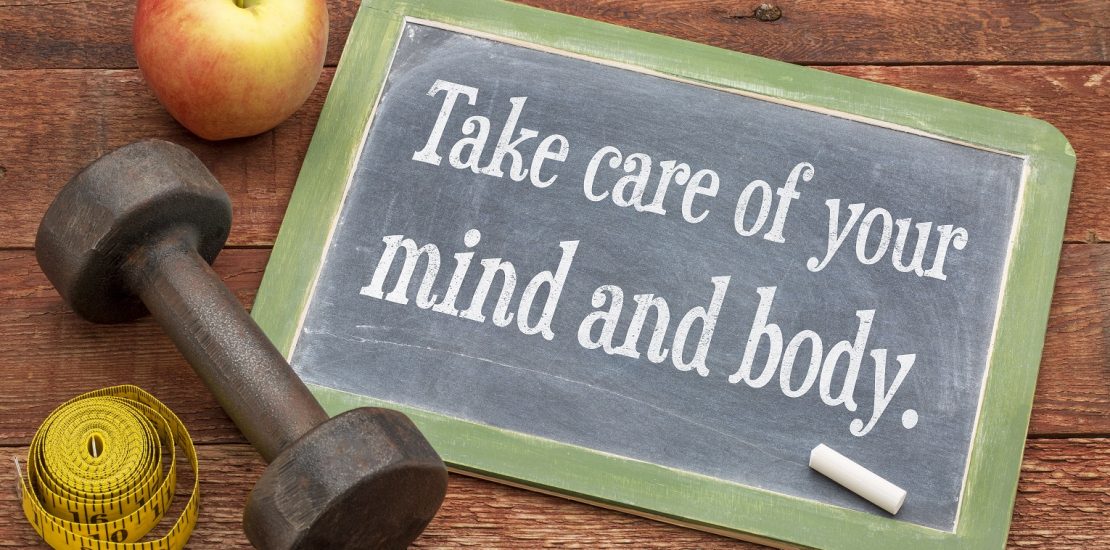- December 7, 2016
- Posted by: cfchadmin
- Category: Workers

You have experienced an injury at work and have sought help from a rehabilitation provider. So what now? GRACE KOUVELIS explores how you can maintain your wellbeing during this time.
Increasingly, there is evidence to suggest that long-term absenteeism from work, work disability and unemployment are detrimental to our mental health and wellbeing. And undoubtedly, returning to work after a psychological injury can be extremely complicated. But that’s where your rehabilitation provider comes in. They will guide you in this process to ensure that you are well, comfortable and ready for your return. As part of their services that they will provide, job-seeking is a crucial component to the process if you are not returning to your previous workplace.
What is Job Seeking and why is it needed?
Your rehabilitation process will entail setting up and implementing a return to work plan, which includes job seeking – actively seeking and applying for jobs. Through the guidance from your rehabilitation provider, it will strengthen your ability to understand the different strategies to find a job (e.g. online advertisement) and it will help you to develop relevant skills to independently job seek. It will additionally improve your skills, abilities and confidence, preparing you for employment, and ensuring your return to work process is comfortable and suitable.
How can I maintain my wellbeing during this time?
If your wellbeing has dropped down in your priority list, you are not alone. It is easy to neglect your wellbeing if you are preoccupied with other priorities and demands, especially during a time of change or increased stress. Specifically, during the process of job-seeking, you may feel depleted, impatient and helpless. But it is important to consciously remind ourselves, that it is during these times that we need to focus on our wellbeing the most! And by spending time on your wellbeing, this process of returning to work should become a lot easier for you to get through.
So what can you do? First, take note that there is no golden rule to look after your wellbeing as what works for someone else, might not work for you. Second, the take-home message here is to ensure that you are thinking about this in a holistic way – consider your physical, mental, spiritual and social self. Recognise triggers that make you feel more stressed or frustrated and try and put together a strategy plan for yourself, for instance, how to cope with these stress cues. Prioritise what needs to be done and don’t put too much on your plate, or too much pressure on yourself! Reflect on what helps you to re-charge your batteries and consider what it is that makes you relax – e.g. slow breathing, a drink of water, a bath before bed. Set time aside in your day and week and integrate activities that work for you, (e.g. going for a walk, meditating), into your routine.
Some further tips for maintaining a good wellbeing are summarised below.
Physical strategies
- Sleep: Ensure that you get a sufficient amount of sleep. Generally, adults require 7-8 hours of sleep per night. Try and maintain a regular sleep cycle, go to bed and wake up at the same time every day during your working week.
- Diet: If you are feeling stressed, you may inadvertently be bingeing out on junk food, or alternatively, skipping meals. It is vital that you keep a check on this and ensure that you are regularly eating a balanced diet, and small meals throughout the day.
- Alcohol and caffeine: Don’t rely on alcoholic or caffeinated products to relieve your stress. They may make you feel better in the short-term, but over time, they will make you feel more lethargic and paradoxically, can disrupt your sleep patterns, keeping you up at night.
- Get physical: Not only does staying active keep you healthy, but it can clear your head, energise you in the long run, and the release of endorphins will make you feel better within yourself.
- Hydration: Drink more water! It has been found that not drinking enough water is the number cause of daytime fatigue.
Psychological strategies
- Social support: There are endless benefits of staying connected with your social network (e.g. with your friends, family, colleagues), such as enhancing your wellbeing.
- Slow breathing: Consciously think about your breathing pace. Inhale for four, exhale for four. Do this for a few minutes. Slowing down your breathing can relieve stress and anxiety.
- Mindfulness: Try mindfulness techniques in order to focus your attention on the present, rather than the past or future. Mindfulness has been shown to have numerous beneficial effects on our wellbeing, such as improving our self-control, objectivity, concentration and mental clarity.
- Reshape your thinking patterns: Catch yourself when you have negative thoughts and consciously replace them with positive ones. For instance, instead of “I can’t believe how much I have to do today!”, try “what is my first priority, which I can do today?”
- Find a new hobby: Try something new such as an exercise class, join a book club or volunteer somewhere. You may meet new friends, discover something enjoyable and it may increase your confidence!
Another thing to remember is to work closely with your rehabilitation provider. They are there to assist you every step of the way. Be honest with how you are feeling, what you want and what you feel capable of achieving. Alongside this, if you are maintaining your wellbeing, not only will you feel good, but your process in returning to work will be a lot smoother.
